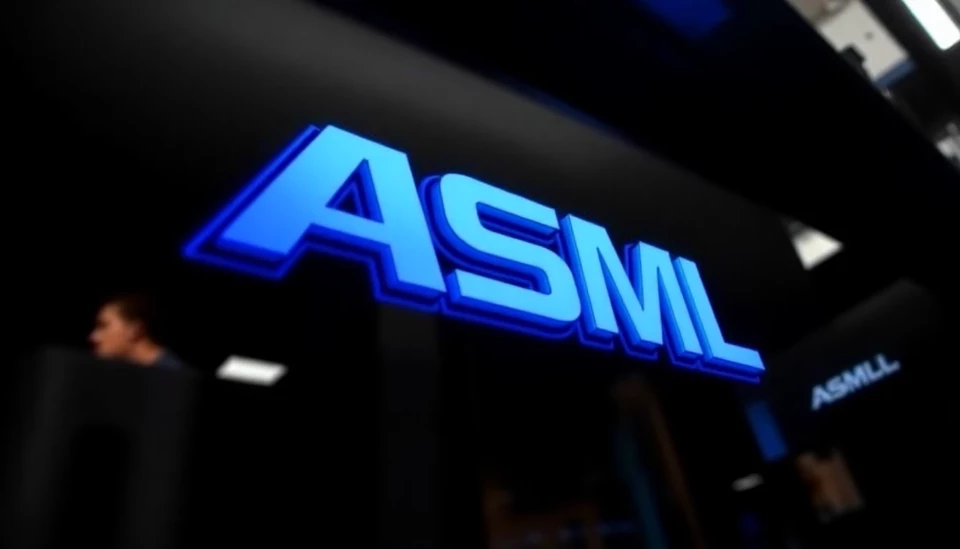
In a startling development that could have significant implications for the semiconductor industry, an ex-employee of ASML, a leading supplier of advanced semiconductor manufacturing equipment, has come under investigation by the FBI for allegedly stealing trade secrets. The accusation raises concerns about the safeguarding of proprietary technology and the competitive dynamics in the high-stakes world of chip production.
The individual in question, identified as an engineer who previously worked for ASML, is suspected of illegally taking sensitive information related to the company's cutting-edge lithography machines. These machines are critical for the manufacture of semiconductors, which are foundational to a plethora of electronic devices from smartphones to advanced AI systems. The incident points to a broader issue of corporate espionage and the lengths some may go to gain an edge in the fiercely competitive technology sector.
Authorities are reportedly examining materials that could indicate the theft of design documents and other intellectual property. The investigation has raised alarms not only within ASML but also among its partners and clients, who rely on the company's innovative technologies to maintain their market positions. ASML's leading role in the supply chain for next-generation 5nm and 7nm chips is especially crucial, as these technologies are pivotal for tech companies striving for advancements in processing power and efficiency.
This inquiry unfolded following the departure of the engineer from the company, leading ASML to notify federal authorities. The FBI's involvement underscores the seriousness of the accusations, as trade secret theft falls under federal jurisdiction, signifying a possible criminal charge against the former employee if found guilty.
In the tech industry, the protection of trade secrets is paramount. Competitors are always looking to outmaneuver each other, and allegations of stolen intellectual property can impact not only the companies involved but also the broader market landscape. As such, ASML has expressed its commitment to safeguarding its proprietary information and cooperating fully with the investigation.
ASML’s significance is amplified by its role in the ongoing global semiconductor shortage, which has impacted everything from automotive production to consumer electronics. Consequently, any breach in trade secrets could lead to significant repercussions, including the potential market advantages that stolen technologies might confer to competitors.
As of now, details surrounding the investigation remain sparse, but the implications of this case are bound to reverberate through both ASML's operations and the wider semiconductor market. Stakeholders will be closely monitoring developments as the situation unfolds, recognizing that the future of tech innovation often hinges on the integrity of proprietary technologies.
Such incidents remind companies in the industry to double down on their security protocols to prevent trade secret theft. With the stakes at an all-time high, protecting intellectual property is no longer just about keeping a competitive edge; it's about survival in an industry characterized by rapid advancements and aggressive competition.
As this story develops, it highlights the fragility of trust in the tech ecosystem and raises questions about how companies strategize and defend their most valuable inventions and proprietary information against ever-evolving threats.
#ASML #TradeSecrets #SemiconductorIndustry #CorporateEspionage #FBIInvestigation #TechNews #IntellectualProperty
Author: John Harris


